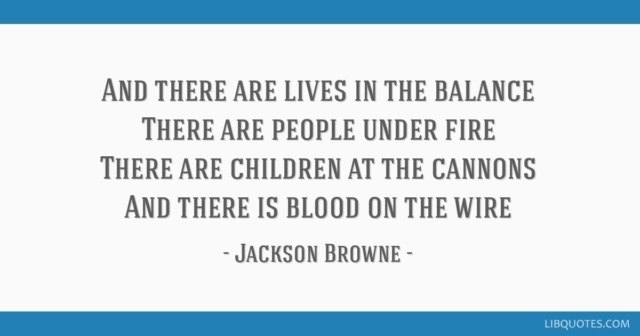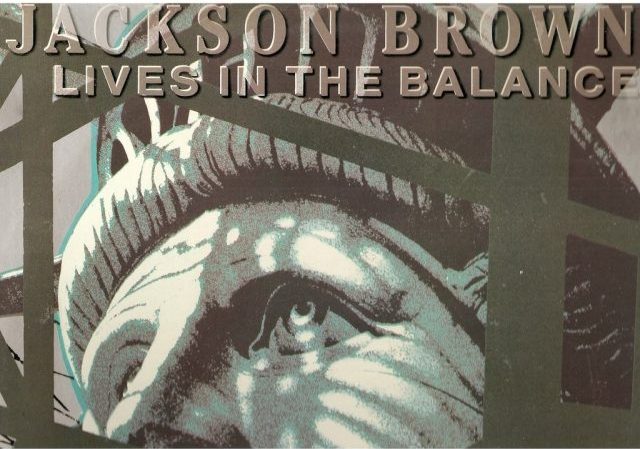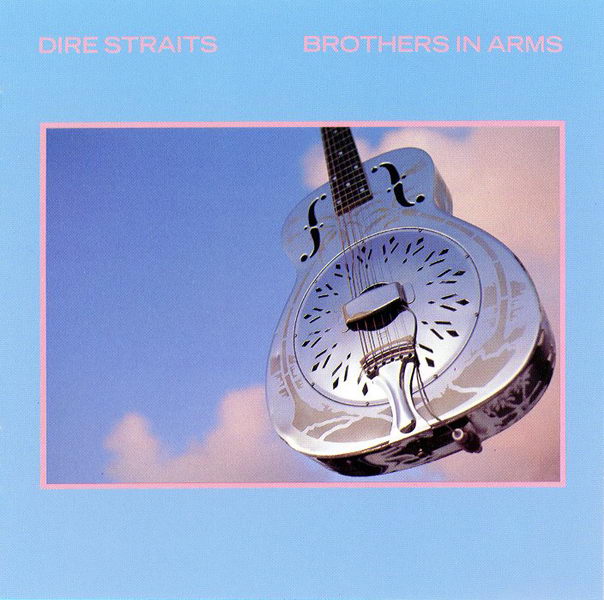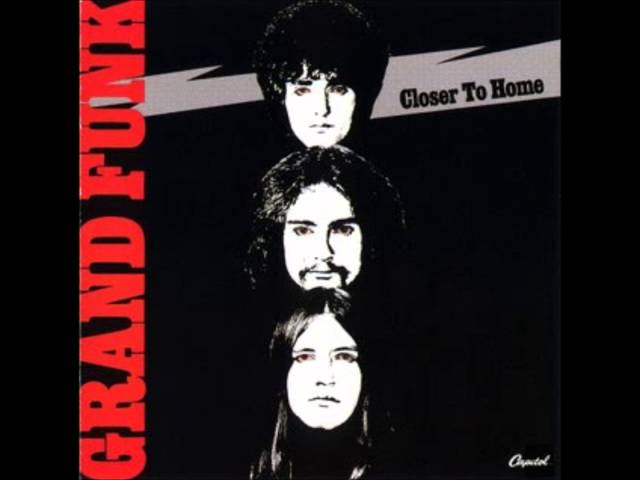Jackson Browne- Lives in the Balance 35th Anniversary
Ever since the No Nukes benefit concert in 1979, Jackson Browne had grown increasingly active in a series of high-profile humanitarian causes including a nuclear energy moratorium, climate change awareness, famine relief, and anti-apartheid in South Africa, the policy which imprisoned Nelson Mandela and denied basic rights to the majority living there. But not until the February 1986 release of Lives in the Balance , Jackson Browne’s eigth album, had the popular singer/songwriter turned his introspective mirror around in his songs to be a parabolic one, casting a critical eye on the horizon and reflecting back from the front lines.
Previously a critic’s darling, not every music writer was on board with Jackson Browne’s new point of view. While Rolling Stone magazine reviewer Jimmy Guterman courageously assessed Lives in the Balance on its own musical merits, noting Browne’s “new-found ability to link the personal to the political…Browne’s not just writing about headlines; he’s trying to tell the stories of the people they affect…”, but William Ruhlmann pans, “Its approach inevitably limited its appeal and its long-term significance”; and Robert Christgau empties both barrels with,”Browne shouldn’t be doing this…He’s a pop star who’s stretching his audience and endangering his market share.” Clearly these guys couldn’t care less about about Jackson Browne’s “woke” awareness in the midst of the Reagan Years, yet time has been kind to songs “For America” (with great solos by sax man Phil Kenzie and Dallas/ LA transplant guitarist Gary Myrick), “Soldier of Plenty“, “In the Shape of a Heart“, and the atmospheric tension of the title song, “Lives in the Balance“. Rolling Stone magazine now includes Jackson Browne’s Lives in the Balance as one of the Top 100 Albums of the 1980s. 
My guest In the Studio Jackson Browne does not provide one-ply fluff in this classic rock interview. The involvement of the Reagan Administration in selling illegal drugs and guns out of the basement of the White House by Colonel Oliver North and Admiral John Poindexter, even while First Lady Nancy Reagan led the national “Just Say No” anti-drug campaign, was first revealed to me and my audience by Little Steven Van Zandt in a live radio interview on Q102/ Dallas in late April 1984. Two years later when this album by Jackson Browne was released, Congressional hearings were still a year away, but by Spring 1987 “Iran-Contra” had forever entered the lexicon synonymous with official Executive Branch covert action to subvert the will of Congress and the law of the land. –Redbeard 









